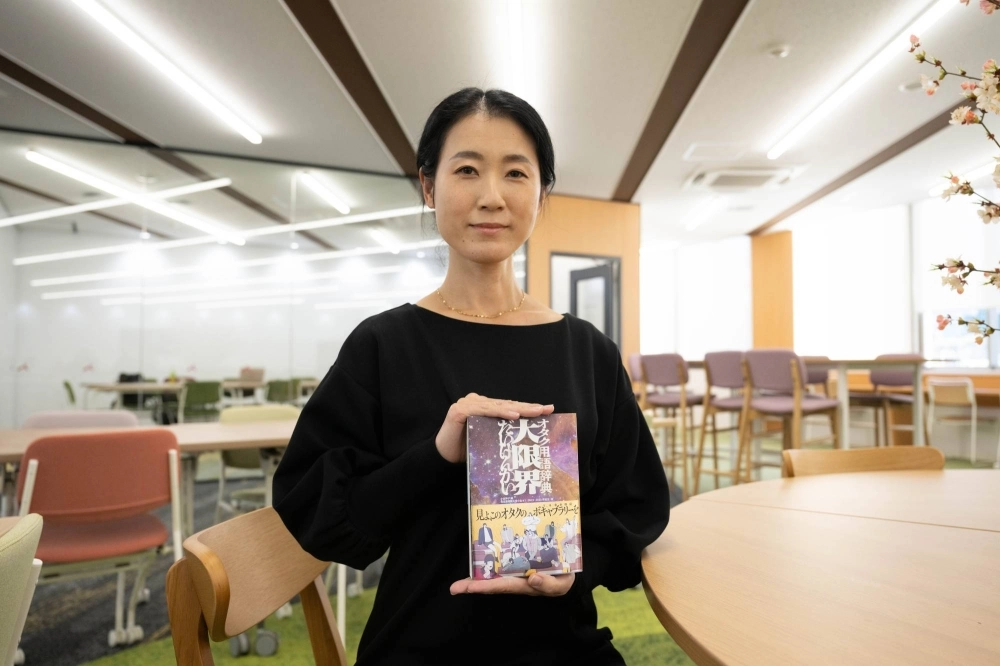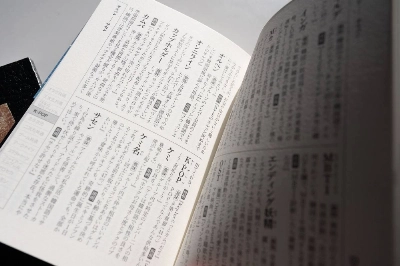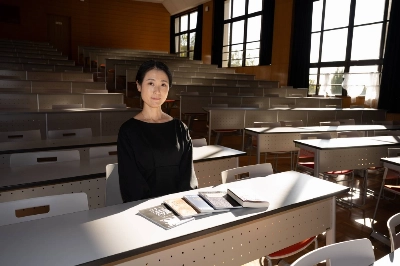Do the words “dōtankyohi” (同担拒否) or “irukatsu” (イル活) mean anything to you? Perhaps you’ve stumbled upon them on the internet and, squinting, closed the window.
There are, however, people for whom these terms serve as a vital way to engage with friends and fellow fans — or otaku — about their favorite idols, games, anime or other beloved media.
A new book is trying to bridge the knowledge gap: “Otaku Dictionary Daigenkai,” out Tuesday from publisher Sanseido, catalogs and defines lingo widely used among several fandoms.




















With your current subscription plan you can comment on stories. However, before writing your first comment, please create a display name in the Profile section of your subscriber account page.